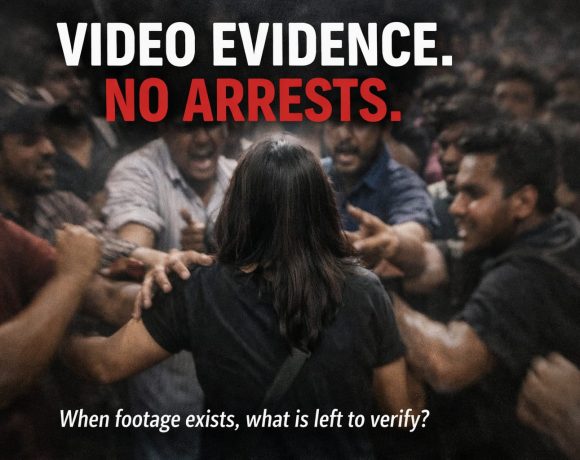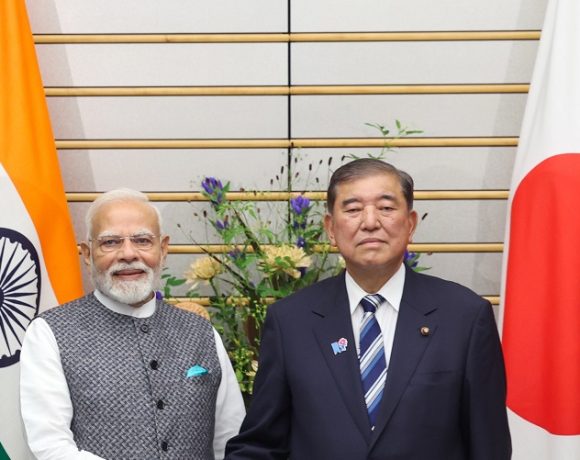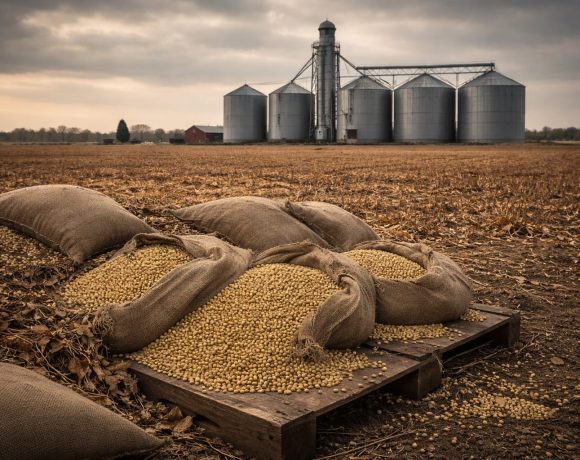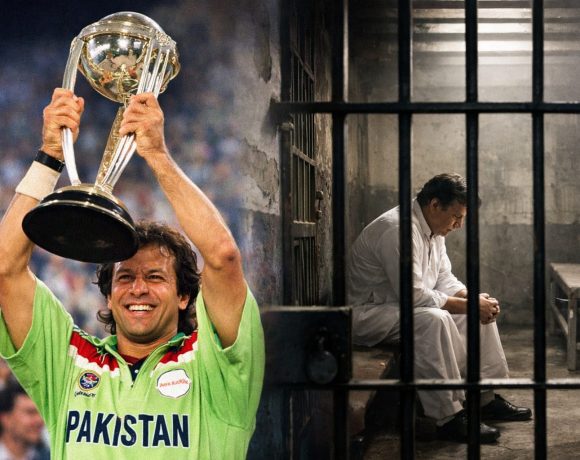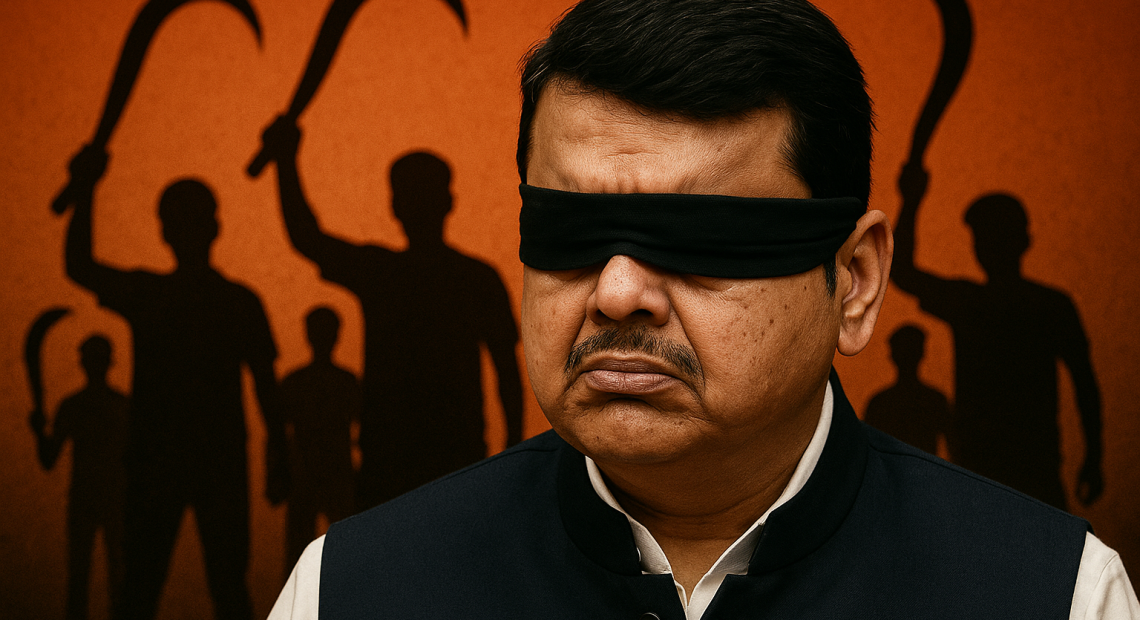
Koyta Raj in Pune: How Fadnavis and Pune Police Let a City Fall to Teenaged Blades
Pune was once proud of being India’s cultural capital, the academic hub, the IT magnet, the city where families felt safe. Today, it is a city where mothers pray their children return home without crossing paths with a teenager holding a koyta. That is the transformation Maharashtra’s Home Ministry has gifted us. Not progress. Not security. But fear.
Let’s say it plainly because sugar-coating is for those who aren’t living this nightmare: Pune is now ruled not by law, not by administration, and certainly not by its Chief Minister, but by minors with sickles. There could not be a more humiliating summary of a government’s law-and-order record. And that humiliation belongs directly to the state’s Home Minister — who also happens to be the Chief Minister, Devendra Fadnavis — and a police force that has allowed the streets to slip so far out of its hands that even citizens have stopped expecting them to fix anything.
The Koyta Gang is not a story of crime. Crime would have been understandable. This is a story of absence — the complete absence of policing, leadership, accountability, urgency, intelligence, and basic administrative pride. This didn’t happen overnight. These gangs didn’t materialise through black magic. They grew, thrived, expanded, and evolved publicly, loudly, repeatedly. And the entire state machinery watched with the calmness of someone observing a monsoon cloud, not a criminal epidemic.
Teenagers — children, essentially — are slashing, threatening, and terrorising entire neighbourhoods. They are filming it. They are uploading it. They are receiving attention. They are building a brand on fear. Meanwhile, the Home Ministry is busy giving identical statements every few months about “taking strict action,” as if repeating the line more often will magically improve police competence.
The real question is simple: how did a government that claims to be tough on crime allow small-time boys with agricultural tools to become the dominant force in city-level crime? Where was the early intervention? Where were the hotspot trackers? Where was the social media monitoring? Where were the beat patrols? Where were the genuine, sustained crackdowns? Where was the leadership?
One can only conclude that the only thing more consistent than the Koyta Gang’s growth is the state’s refusal to learn.
And then there’s the Pune Police — a department that somehow finds the manpower to escort every VIP convoy, secure every political rally, and guard every event that matters to the powerful, but becomes mysteriously short-staffed when a shopkeeper is being extorted or a student is being chased with a blade. Citizens whisper what the police refuse to admit: that there are suburbs in Pune today where criminals respond faster than the police. What a proud moment for urban governance.
The saddest part? Puneites have normalised it. They share warnings in WhatsApp groups. They avoid certain streets. They tell their children not to stay out too late. They slow down their two-wheelers when they see a group of boys. They have accepted fear as part of life. And that acceptance is the biggest victory the Koyta Gang has ever achieved — a victory gifted to them, wrapped neatly, by those who run the state.
But this ends now. Pune has a civic election coming. And this time, the city cannot afford to be polite. Safety cannot be a secondary topic. It cannot be an item hidden in the footnotes of manifestos. It must be the first, last, and only question. No safety, no vote. No policing plan, no vote. No real accountability, no vote.
Ask every candidate: What is your plan to ensure my family is not terrorised by children with blades? How will you fix the collapse that even the Chief Minister could not fix? What will you do that the Home Ministry failed to do?
Because make no mistake — this is a failure of the highest order. A failure of governance. A failure of policing. A failure of leadership. A failure so stark and so public that it should haunt every person responsible for it. But since they do not appear haunted, the burden falls on Pune’s voters.
Pune needs to reclaim its streets. Pune needs to reclaim its dignity. Pune needs to reclaim its right to live without fear.
The politicians didn’t protect Pune.
Now Pune must protect itself — with its vote.
—
Meta Title: Pune’s Koyta Raj and the Collapse of Law and Order
Meta Description:
Meta Keywords:


